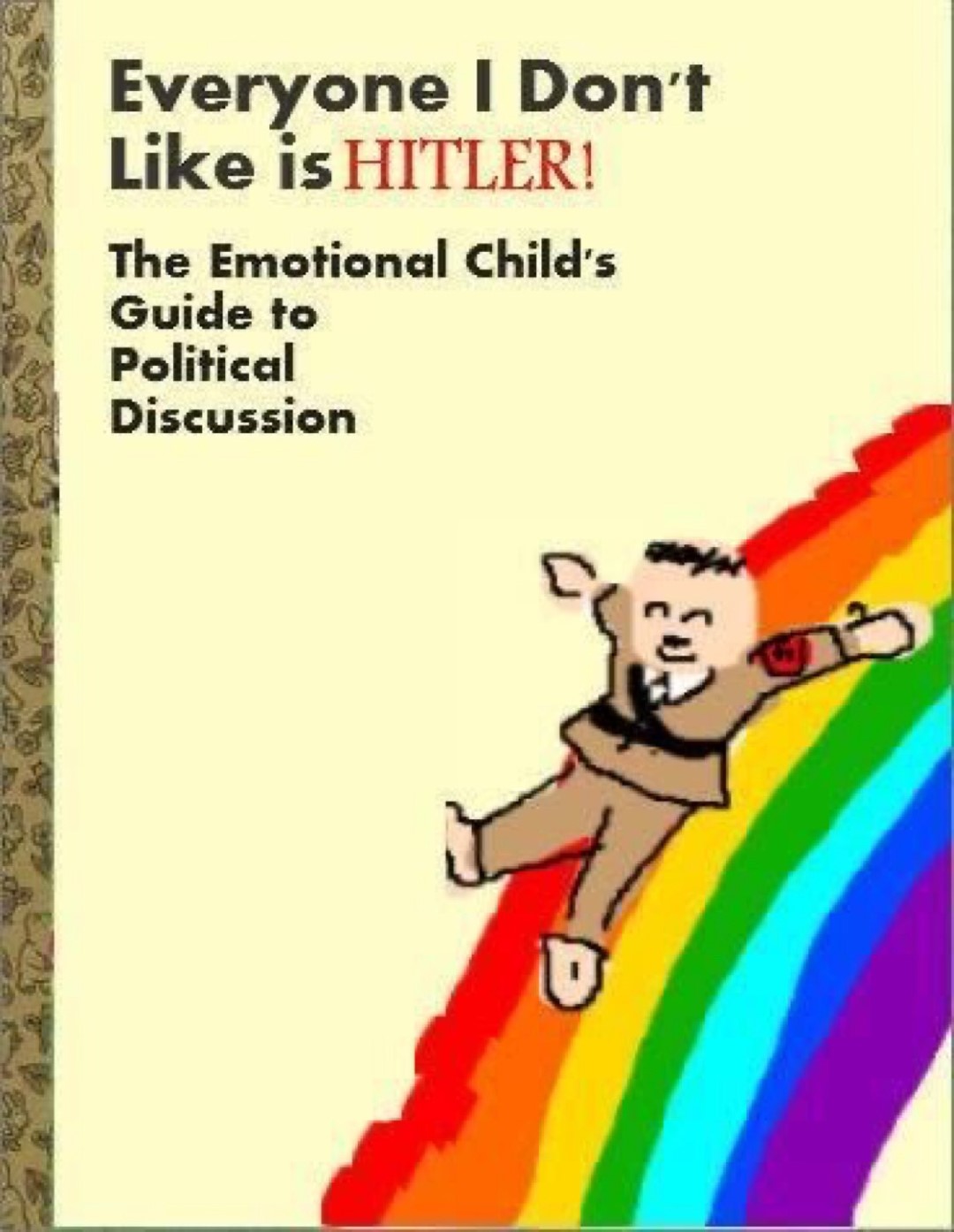
Crying wolf
By Matthew Fraser, Opinions Editor
By cheapening historic tragedies, we prove ourselves incapable of making accurate and well thought out critiques.
Sometimes people are so terrified that words fail them; they are so distraught that they are reduced to shaking. Be it offensive tweets or uncouth politicians, there are times when words evade even the most erudite speaker. At times like this, people will fall back on hyperbole and comparison; at worst, they will use an unholy union of both.
This draws to mind the all too frequent comparison of current events to historic tragedies, namely, Hitler and Nazi Germany. This comparison and realm of attack is so common that it has spawned its own adage as Godwin’s law: the idea that if an argument online continues long enough someone, somewhere, will eventually compare the other side to Hitler.
Recently, Gina Carano was “cancelled” ostensibly for her comparison of the current treatment of conservatives to the previous treatment of Jews. Some of her more astute defenders pointed out after the fact that her Mandalorian co-star Pedro Pascal has a history of doing so as well. It’s a frightfully common way of denigrating anything that people don’t like, and it extends past Hitler and into any tragedy of historic magnitude.
Conservative thought leaders and politicians like Ted Cruz and Dan Crenshaw are quick to call their opponents socialists and state that their policies will invariably lead to breadlines and totalitarianism—quickly conjuring images of Stalin and Russian winters to defend the rugged individualism that they adhere to. These accusations have run rampant to the point that people literally protest healthcare access as if it were delivered in the halls of a Gulag and some would argue they even cost Bernie Sanders a job.
So, do these historic hyperboles hurt the people making them?
I think often enough the answer is yes. When these comparisons are done—particularly in the political realm—they wear out the efficacy of these comments if they were warranted to begin with. Usually, comparisons to Nazi Germany open the person making them up to accusations of anti-Semitism. It is almost never the case that these people are true anti-Semites but comparing trivial actions to the murder of millions certainly carries an air of belittlement. And it’s that air of disregard and historic illiteracy that so thoroughly weakens the comparison. In fact, liberals have been comparing republicans (and conservatives’ writ large) to Hitler since at least 1964; it got so bad that Bill Maher had to issue an apology and say about Trump “this is different.” Even now when I refer to Trump as a neo-fascist, I must seriously consider the potential absurdity of the definition (though I haven’t changed my mind). And on the other hand, the favourability of socialism by American youth has risen with nearly 50 percent of the Millennial and Gen Z population in favour of it. This signals that perhaps when you label universal healthcare as socialist while calling Nordic countries socialist, young people will grow to like this image of socialism.
By cheapening historic tragedies, we prove ourselves incapable of making accurate and well thought out critiques. We also bury the real issues of the day under generally inappropriate and thoughtless hyperbole. Though it feels right to say it, it often ages poorly and looks ridiculous in hindsight. Luckily, we can compare things we don’t like to Trump, and it’ll be at least more acceptable and potentially appropriate.
